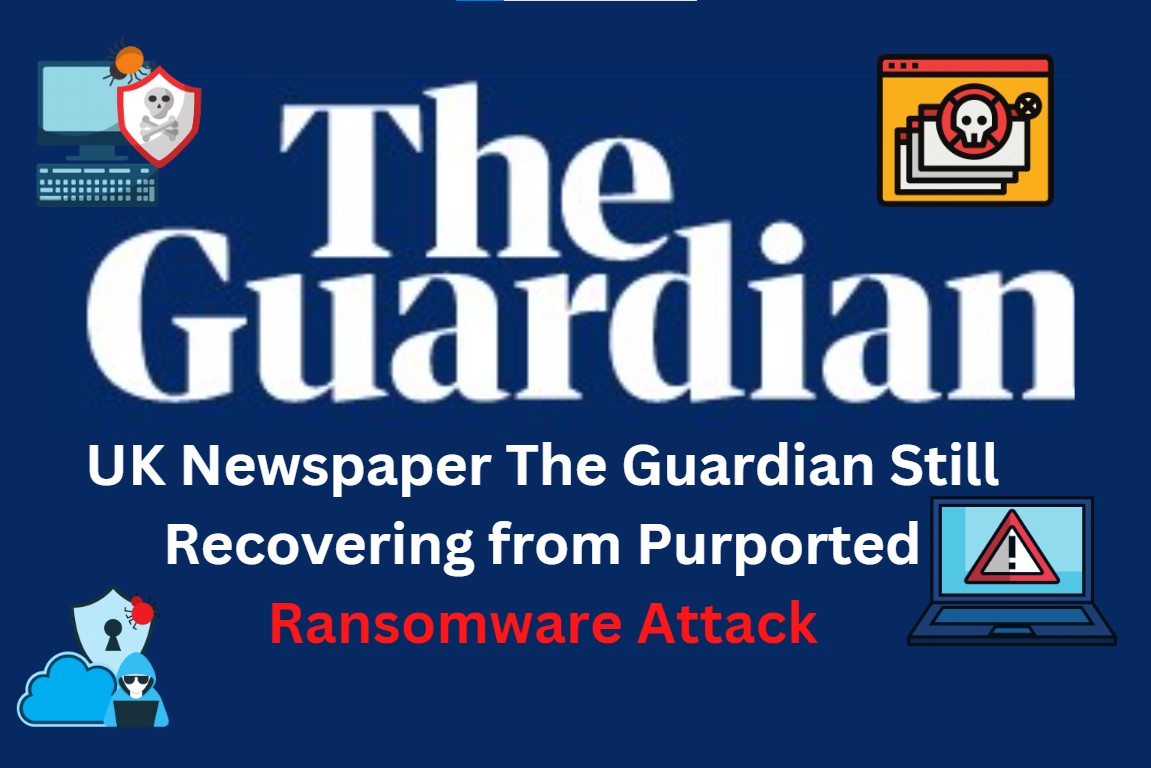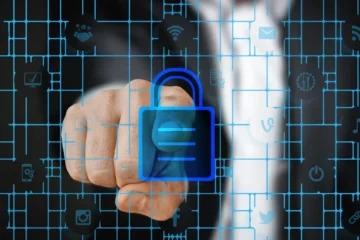UK Newspaper The Guardian Still Recovering from Purported Ransomware Attack
The Guardian, one of the UK’s most respected newspapers, is still recovering from a purported ransomware attack that occurred earlier this week. The attack, which is believed to have been carried out by a group of cybercriminals, resulted in the paper’s systems being locked and the publication of its articles being disrupted.
According to reports, the attackers demanded a significant sum of money in exchange for releasing the paper’s systems and data. The Guardian has not publicly confirmed the exact amount that was demanded, but it is believed to be in the millions of pounds.
The newspaper’s management has stated that the attack was not aimed at stealing personal data or information, but rather at disrupting the publication’s operations. The paper’s website and social media accounts were taken offline, and the print edition was not able to be published on the affected days.
The Guardian has said that it has been working closely with cyber-security experts and law enforcement agencies to investigate the attack and bring those responsible to justice. The paper has also been implementing additional security measures to protect its systems and data in the future.
This attack serves as a reminder of the growing threat of ransomware to businesses and organizations of all sizes. It highlights the importance of having robust cybersecurity measures in place, as well as a disaster recovery plan to quickly respond to and recover from an attack.
The Guardian is one of the most respected newspapers in the UK, known for its independent and investigative journalism. The paper has a large readership and a wide reach, making it a valuable target for cybercriminals. It is important that the newspaper and its management take the necessary steps to ensure the protection of its systems and data in the future.
It is not yet known if The Guardian paid the ransom or not, but it is important to note that paying the ransom does not guarantee the release of the locked systems or guarantee that the attackers will not target the victim again. It is generally advised not to give in to the demands of the attackers and to instead, focus on restoring the systems from backups and increasing security measures.
In conclusion, The Guardian’s purported ransomware attack serves as a stark reminder of the ongoing threat of cybercrime and the importance of having robust cybersecurity measures in place. We hope that the newspaper will be able to fully recover from this attack and that those responsible will be brought to justice.



